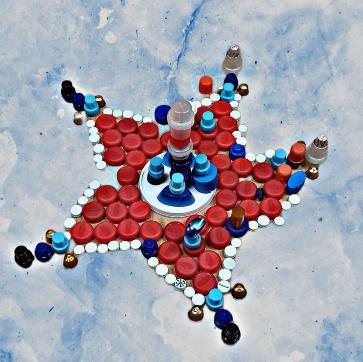Environmental education and Project ReCrea in early childhood education







IES V NIEVES
Environmental projects:

Charge r solar
Ecogarden Waste separation Drip irrigation Weather station
Biodiversity murals ...
CHILDREN'S EDUCA
TION DEPARTMEN

T

Programming of eco-educational workshops

Creation of teaching materials

Apprenticeships with artists
Design of spaces Collaboration with other centres
ReCrea
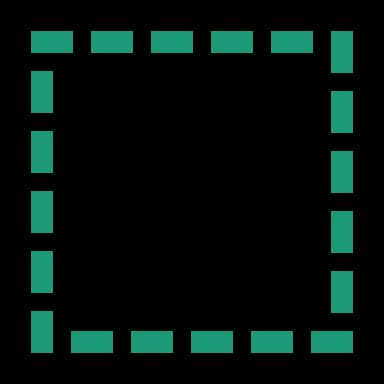
✔Integrating and promoting environmental actions.
✔Reflect on responsible consumption and develop sorting and recycling habits.
✔ Review and improve the conditions of the centre to make it more environmentally efficient.
✔Reuse objects before discarding them definitively.
✔To encourage relations and cooperation between different educational levels, beyond the school boundaries.

Collaboration between different educational levels: ESO and Higher Vocational Training.

This project is being developed in three areas three areas:

✔ Knowing our consumption
✔ Making Campaigns Engaging
✔ Fixing facilities
✔ Motivating cyclists and walkers

✔ Enjoying nature
✔ Facilitate and encourage waste separation in classrooms, offices and corridors.
✔ Engaging students and teachers
In cooperation with the ALDEA Programme
• Transforming materials into didactic resources. Different activities: puppets, storytelling, experiments with light, sound, installations,...
• Acting inside or outside the centre.
• Documenting and presenting our work.
We reflect on the responsible consumption of resources and products, review the centre's consumption and propose changes.

o Diagnosis of the centre.
o Awareness-raising campaigns.
o Installation repairs.
o Bicycle parking, solar charger,...
o Care of the school garden.

1.- Find out where waste is produced at the Centre and what type it is.
To do this, you should go around the different facilities of the Centre: classrooms, library, workshops, laboratories, cafeteria / canteen, sports areas, storage and maintenance areas, infirmary, etc., asking those responsible and checking the types of waste produced in each one and, if possible, the daily or weekly amount:
- Food waste
- Paper / cardboard
- Glass waste
- Plastic packaging
- Metal packaging
...Link to audit document (ADEAC)


Carried out by a group of ESO students in plastic arts education.




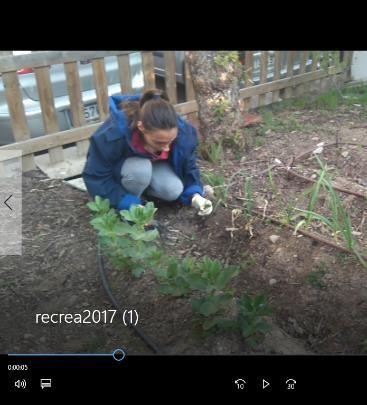


• We separate plastic, paper and other materials that are discarded at the centre into containers and place them in the authorised containers.
• We have municipal containers at the door, and
• We use the nearby clean point.
o Placement of containers to separate waste in classrooms, offices and corridors.
o Engagement with students and teachers to maintain and empty the bins.

Teachers undertake to empty the plastic, paper and battery containers located in corridors and the staff room into the council containers outside the school, in collaboration with the cleaning and caretaker's staff.
Plastic and paper Batteries
SEPTEMBER Teacher: from x1...
OCTOBER
NOVEMBER
DECEMBER
JANUARY
FEBRUARY
MARCH
APRIL
MAY
JUNE a ...xn
ReCrea offers you the possibility to separate waste in the classroom.
We have at your disposal yellow recycling bins for the separation of plastics and other packaging, and blue recycling bins for paper and cardboard.
If you wish to have these bins in the classroom, the group must commit to using them properly. This means separating according to the instructions: do not throw any organic waste in them, or other waste that cannot be sorted, such as packaging or paper.
The group must commit to emptying them when they are full. You can organise yourselves so that each time it is the turn of a team of three or four people.
The group ............ makes this commitment and requests the containers for the classroom.



Not
extend their useful
We look at them in divergent ways. This is where ReCrea comes in.
But,
all waste goes into containers, some materials
life.

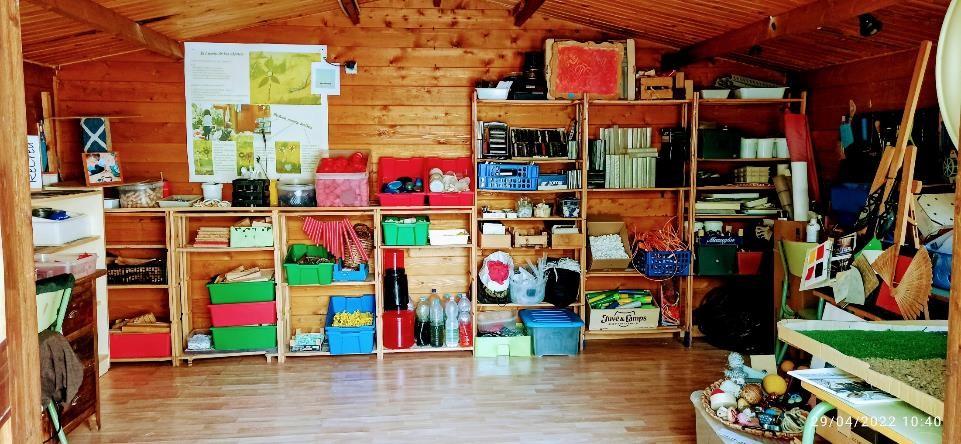
ReCreate:
We transform the recovered materials into didactic resources to carry out diverse activities such as puppets, storytelling, experiments with light, sound, or any other scientificartistic activity that is developed within or outside of the museum.
outside the centre.

The ReCrea project goes beyond creative recycling, although this aspect undoubtedly has a specific weight that gives it character.
This project is inspired by ReMida , a REGGIO-EMILIA project.



• Ecological reason: We extend the life of objects and materials before they are finally discarded. And so we reduce.
• Creative reason: We use educational methodologies that break the limits of individual work in paper/tablet format to focus on the creation of volumes, cooperative work, ...
• Cognitive reason: We solve problems such as, for example, maintaining balance in a construction, fitting pieces together, devising the final formation or transferring to paper (or other formats) what has been done with scrap pieces.

o Recovery of materials and objects before final disposal.
o Classification and display for use as an educational resource.
o Creation of didactic material and its implementation.
o Exhibition of the materials produced and documentation of the creation process
ones come to the Institute or we go to the schools.
We make puppets out of recycled bottles and fabrics.




We build puppets for storytellers.



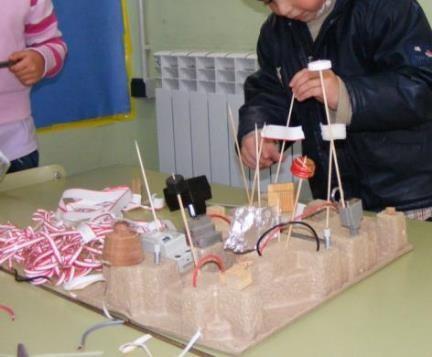 Castles with packaging leftovers
Castles with packaging leftovers







We played with bottle tops to make mosaics, mandalas or posters.








We create toys for logical reasoning.






Periscopes, camera obscura,...


We develop materials for sensory stimulation.



We make constructions with wood and other materials.











In the construction of educational materials we take into account some environmental considerations: It is better...
1. Leave the colour of the material,...
2. To crimp, hook or nail,...
3. Creating durable materials,...
1. ...paint over it.
2. ...glue.
3. ...disposable

Each year we invite an artist and view artworks to learn from them about their way of communicating.

•Documentation acquired and produced by us.
•Example of documentation

•Teaching guide












